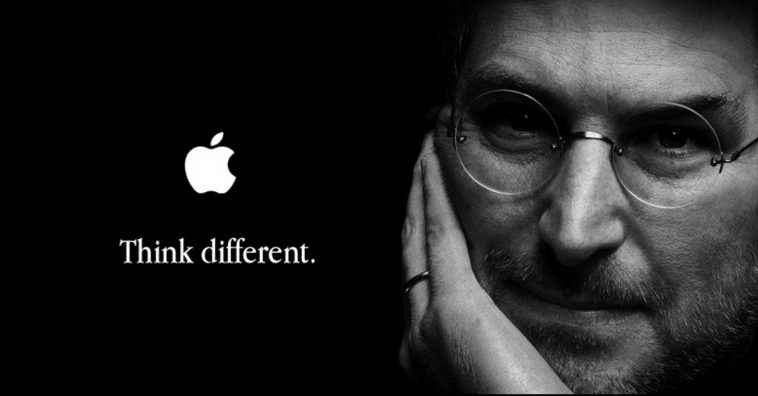Cast your mind back over 30 years ago when Apple’s co-founder Steve Jobs was explaining the importance of computers in the lives of common people. He told in a 1985 interview, that the computer is the smartest tool we have ever seen. It can be a communication center, a writing tool, a super calculator, and an artistic instrument which can just run by giving few instructions or a software to work from.
This was the time when computers used to be out of reach of many people and were not completely understood of their potential. But Steve Jobs had a vision of what they hold for future.
Following are the four predictions that he made in 1985 regarding computers:
1- Computers will be a fun tool at home:
Previously, computers were used only for the purpose of office use for business computations or for education in schools. People had no idea at that time that there is anything else that can be done with the computers. The company introduced its first Apple I in 1976, the Apple II in 1977, and the Lisa in 1983, and in 1984 it released macintosh.
In the interview Jobs said that with the help of computers you can prepare documents much faster and of a good quality. But there is a lot you can do to increase the productivity by freeing yourself from menial work. Job introduced the idea of using home computers for doing business work at home or for running educational software for everyone.
He said that with the passage of time, computers will be essential in most homes. According to the U.S. Census Bureau, 8% of households in the U.S. owned a computer, in 2000 round 51% owned computers and by 2015, the number reached to 79%.
2- Computers will be used for better communication:
According to Steve Jobs, the most compelling reason for people to buy a computer will be linked to nationwide communications network. In 1985, jobs made the prediction and he was four years ahead of Tim Berners-Lee’s 1989 work of developing a system known as the World Wide Web.
ARPANET, closed in 1990 was the academic research project with which the long distance network communication network for computers had begun decades ago. It was funded by the U.S. military and became the foundation for the modern internet. Today, everything is linked to internet and this driving trend is known as the Internet of Things.
3- A mouse will be attached:
You may not believe but computers were not always operated with a mouse. Instructions and commands were typed with a keyboard before Apple introduced the Lisa and the Macintosh that featured a mouse as well as a graphical user interface. According to Jobs, if you are told there is a pot on your shirt, it won’t be done linguistically.
But there is a spot on your shirt 14 centimeters down from the collar and three centimeters to the left of your button, and then I will point it out. He explained that it is much faster and efficient to perform functions such as cutting and pasting with the help of a mouse.
With a mouse, users can click through the visual actions and imagery on windows and drop-down menus.
4- Few companies will be producing hardware:
This was the one assumption that proved as wrong. Jobs in 1985 predicted that there will be few selected companies that will be manufacturing computer hardware and a lot will be working on producing software.
He said in his interview that in terms of supplying the computer itself, it will come down to Apple and IBM. He did not expected to be more companies that would be producing hardware. More companies will be focusing on the software and there he expected a lot of innovation.
Today, hardware brands like Samsung, Dell, Lenovo, Acer, and HP are all fighting for their share in the market. Whereas, Microsoft held a strong grip on the computer software market that in 1998, United States filed an anti-trust lawsuit to investigate Bill Gates’ company for holding a monopoly.C
Via: CNBC






